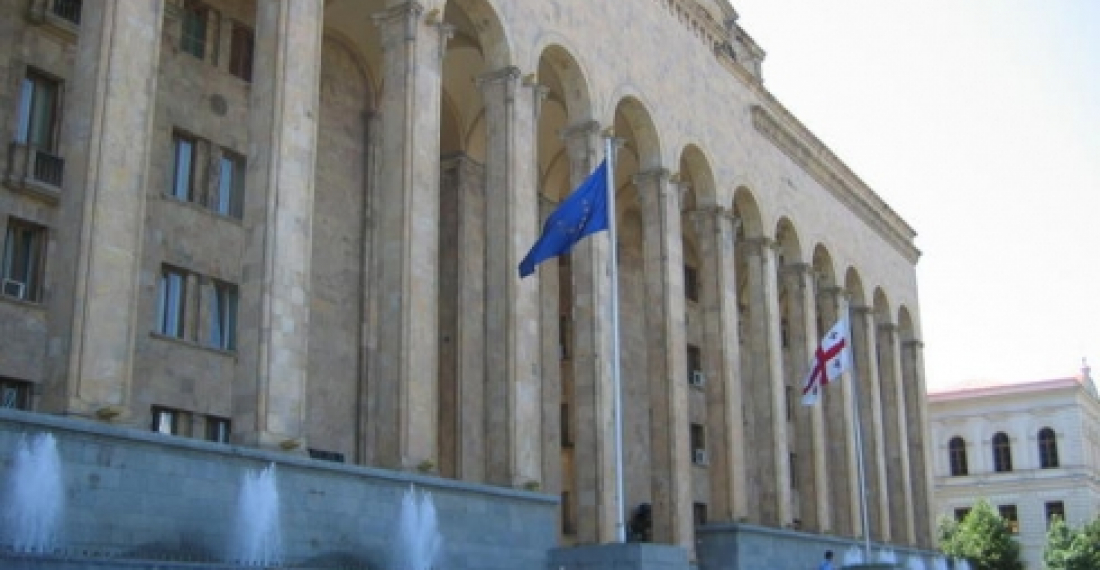Eighty two percent of Georgians spoke in favor of restoring relations with Russia, while 11 percent said relations should be reinstated partly, a poll conducted by the International Republican Institute (IRI) said on Friday.
Russia and Georgia severed diplomatic ties after Moscow recognized de-facto independent Georgian republics of Abkhazia and South Ossetia as independent states following a brief military conflict. Georgia's new government, elected in the October 1 polls, said normalizing ties with Russia was among its top priorities.
However, 57 percent out of 4,000 polled people said they viewed Russia as an economic and political threat for Georgia.
Little over 60 percent of the polled spoke in favor of Georgia's membership in NATO, while 67 percent said they wanted their country to join the European Union.
source: RIA Novosti







